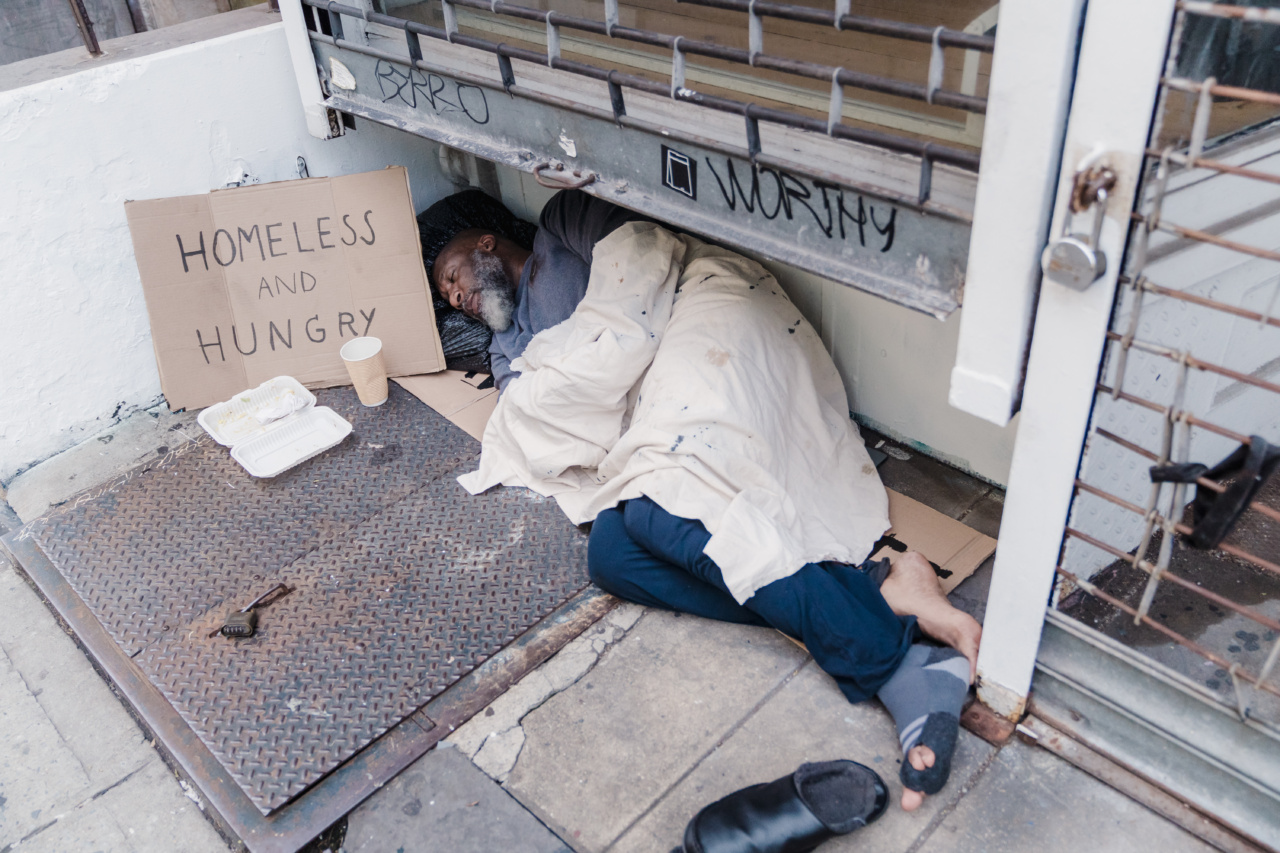Getting adequate sleep is crucial for our overall well-being, and quality of life. However, studies have shown that men tend to struggle with getting enough sleep.
According to the National Sleep Foundation, the average adult needs between 7-9 hours of sleep each night, and yet many men are not meeting this recommendation. Let’s explore some of the reasons why men may struggle to get enough sleep.
The Demands of Work and Family Life
One of the most common reasons men struggle with sleep is due to the demands of work and family life. Men are known to be traditional providers and often take on the responsibility of being the primary breadwinner for their family.
Many men work long hours, have a stressful job, or have to travel frequently for work. Additionally, men with young children may have to wake up early to take care of their kids and help get them ready for school. All of these external pressures can make it challenging for men to prioritize sleep and get enough rest.
The Impact of Technology on Sleep
In today’s society, men are more connected than ever before with technology. From smartphones to laptops and tablets, many men are constantly plugged in and always connected to the internet.
However, this constant stimulation can have a negative impact on sleep quality. Exposure to blue light from screens can disrupt our circadian rhythm, making it harder to fall asleep and stay asleep.
Additionally, the temptation to check emails or social media right before bed can keep men from winding down and relaxing before sleep.
Sleep Disorders and Health Conditions
Another reason men may struggle with sleep is due to underlying sleep disorders or health conditions.
Sleep apnea, for example, is a common sleep disorder that causes a person’s breathing to stop and start throughout the night, leading to disrupted sleep and fatigue during the day. Men are more likely than women to develop sleep apnea, and this condition can go undiagnosed for years. Additionally, men are more likely to suffer from other health conditions that can impact sleep, such as heart disease, obesity, or chronic pain.
An Active Lifestyle
Men are often known for leading an active lifestyle, which can be beneficial for overall health and wellbeing. However, an active lifestyle can also contribute to difficulty sleeping.
Regular exercise is essential for good health, but working out too close to bedtime can stimulate the body and make it harder to fall asleep. Additionally, men who engage in physical labor or manual work may experience physical exhaustion and difficulty relaxing after a strenuous day.
Stress and Anxiety
Stress and anxiety are common culprits of insomnia, and men are no exception. Men may experience stress and anxiety due to work pressures, financial concerns, relationship problems, or other life stressors.
These mental health challenges can make it challenging to fall asleep, stay asleep, or feel rested in the morning. Additionally, men are often taught to suppress their emotions and “tough it out,” which can lead to internalized stress and anxiety that impacts sleep quality.
Alcohol and Substance Use
While people often turn to alcohol as a way to relax and de-stress, it can also have a negative impact on sleep. Alcohol can disrupt the normal sleep cycle and lead to waking up during the night or feeling groggy in the morning.
Substance use, such as smoking or recreational drugs, can also interfere with sleep quality and make it harder to get enough rest.
Shift Work and Irregular Schedules
Many men work in industries that require shift work or irregular schedules. Working nights or rotating shifts can disrupt the body’s natural sleep-wake cycle, making it harder to get high-quality sleep.
Additionally, men who work long hours or are required to travel frequently may struggle to get enough rest due to constantly changing schedules.
Age-Related Changes
Finally, as men age, their sleep patterns may change. Older men may find it harder to fall asleep, stay asleep, or get enough restorative sleep.
Additionally, men may experience other age-related changes that impact sleep, such as changes in hormones, increased pain or discomfort, or changes in lifestyle or activity levels.
Conclusion
Overall, there are many reasons why men may struggle with getting enough sleep.
Whether it’s due to work pressures, technology use, underlying health conditions, or other factors, it’s essential for men to prioritize sleep and find ways to improve sleep quality.
Making changes to sleep habits, such as establishing a regular sleep schedule, limiting screen time before bed, and avoiding alcohol or substance use, can all make a significant difference in achieving better rest and improving overall health and well-being.





























